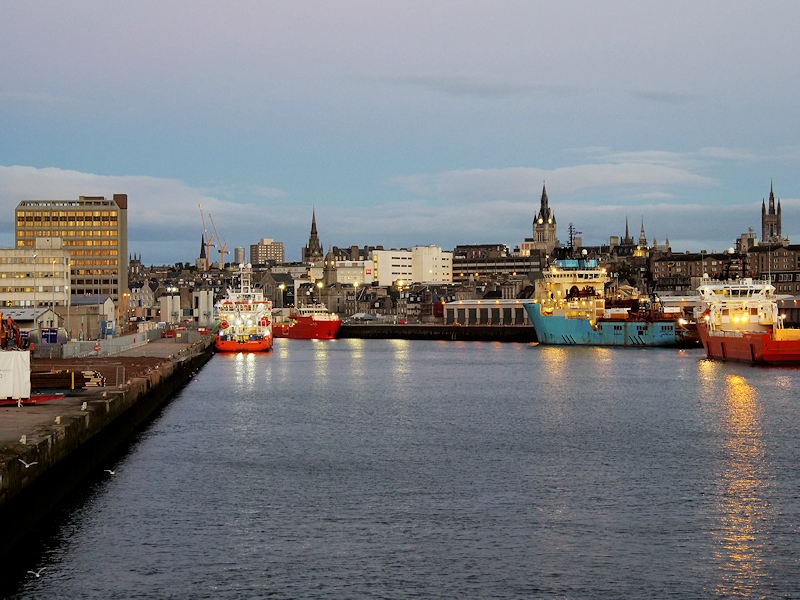New Greenpeace analysis has revealed that the UK takes last place in the top five Western European economies on green investments.
Canadian campaign group Greenpeace analysed the International Energy Agency (IEA) government energy spending tracker that looks at 2020-2023 and found that the UK spends less on green endeavours than Germany, Italy, Spain and France.
The country also comes out worst when looking at per-capita green energy spending, and it ranks worst for total spending on low carbon and efficient transport out of those countries, even though transport is the UK’s largest emitting sector for greenhouse gas emissions.
Italy spends over three and a half times as much as the UK on low carbon and energy efficient transport at £37.4 billion compared to the UK’s £10.2 billion, and Germany spends almost three times as much as the UK at £29.8 billion.
France has a similar population size to the UK at 67.75 million compared to 67.33 million in the UK, but it spends almost twice as much on green projects as a whole at £746.82 per capita, to the UK’s £387.71 per capita.
There are two categories in which the UK clinches fourth place instead of coming in last. These include energy-efficient buildings and industry and energy efficiency in the home.
For the former, France spends almost double what the UK spends at nearly £22.3 billion, compared to the UK’s £11.4 billion. Regarding the latter, the UK spends £8.8 billion despite having the worst housing in Europe for energy efficiency.
Greenpeace is not the first group to raise concerns about the UK’s green spending, with the National Infrastructure Committee (NIC) calling for “increased levels of investment” from UK government officials in February 2024.
In an open letter to the chancellor of the exchequer, Jeremy Hunt, and secretary of state for energy security and net zero, Claire Coutinho, the NIC chair, John Armitt, asked for quicker decision-making and further funding for renewable projects.
NIC said at least “£40 million of development expenditure (DEVEX)” will be required annually in order to deliver the new hydrogen and CCS pipelines for 2035.
Greenpeace UK climate campaigner Georgia Whitaker said: “We urgently need a bold green industrial strategy to boost our flailing economy, help ordinary people with the cost of living, and tackle the climate crisis.
“Green infrastructure investment, with a focus on renewable energy, insulating our homes and making transport greener, would do just that.”
Forward spending
Surrounding the publication of this Greenpeace analysis, the UK government announced two essential funding packages which significantly further the nation’s investment in green industries.
One of these packages is £120 million in funding to be added to the Green Industries Growth Accelerator (GIGA), meaning GIGA’s total investment now reaches £1.1 billion.
GIGA, which was announced during the 2023 Autumn Statement, is set to support domestic manufacturing in sectors including offshore wind, electric vehicles (EVs), batteries and more.
This recent funding installation was revealed as part of a broader £360 million investment by the Treasury to bolster domestic research and development (R&D). It will support the expansion of low-carbon manufacturing supply chains across the UK.
Secondly, the budget for Auction Round 6 (AR6) of the Contracts for Difference (CfD) scheme was announced as part of the Spring Budget 2024 yesterday (6 March) and set at over £1 billion.
This is the “largest ever budget” for a single auction round and marks a colossal increase to the AR5 budget, which was set at £227 million even after receiving a £22 million increase from its initial budget.






